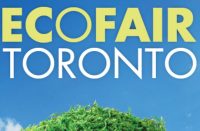This is the Week This Friday! 5 quick-and-smart briefs about happenings in the environmental space!
When life gives you lemons, build a pipeline – Alberta Minister of Energy
“Now is a great time to be building a pipeline because you can’t have protests of more than 15 people,” Sonya Savage, Energy Minister of Alberta said.
This is the Week This Friday! 5 quick-and-smart briefs about happenings in the environmental space!
When life gives you lemons, build a pipeline – Alberta Minister of Energy
“Now is a great time to be building a pipeline because you can’t have protests of more than 15 people,” Sonya Savage, Energy Minister of Alberta said. “Let’s get it built.” – While the interviewer laughs, Savage does not.
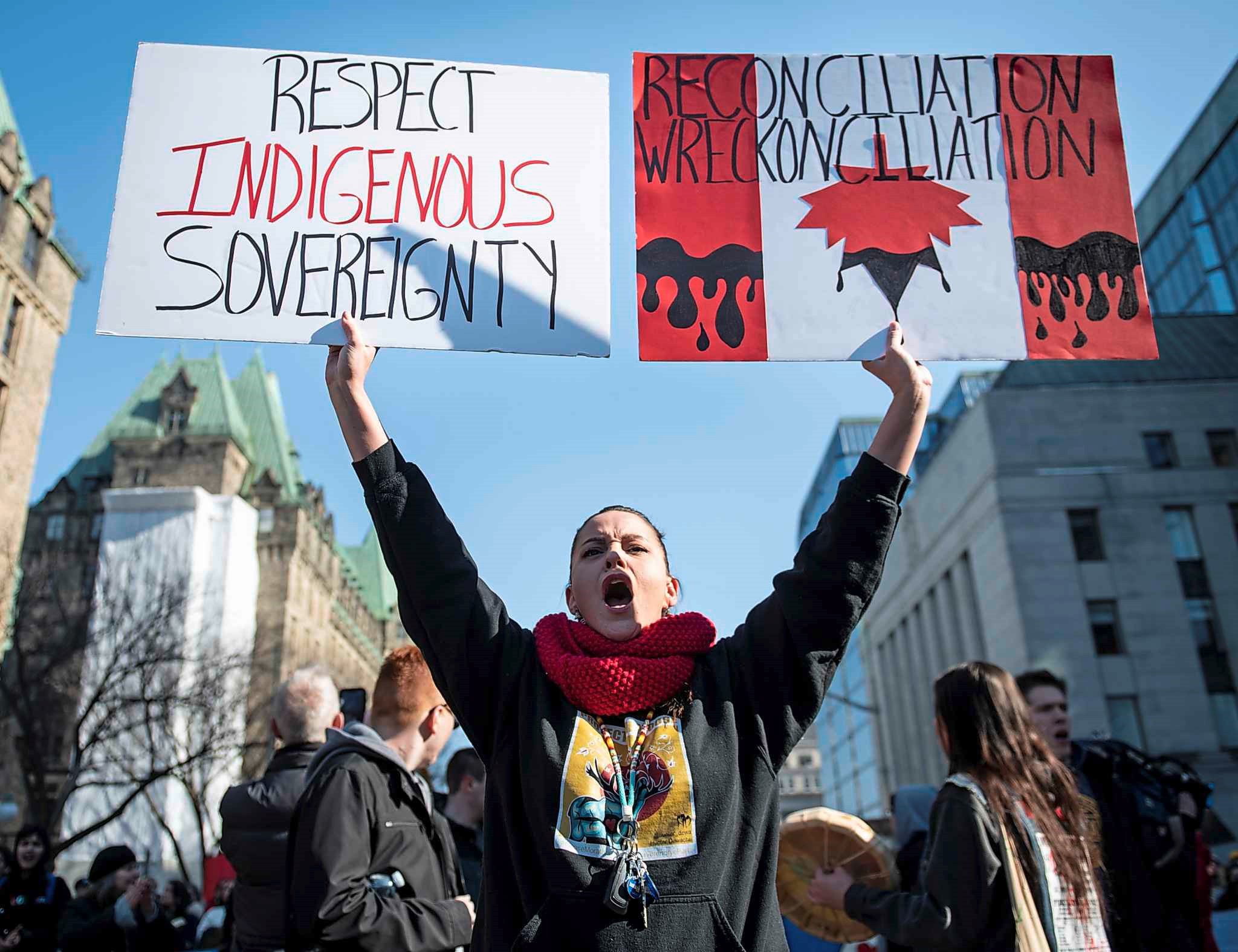 Source: Justin Tang / Canadian Press Files
Source: Justin Tang / Canadian Press Files
When I first saw this article pop up, I thought it had to be satire, surely an elected official for the energy sector could not be so tone deaf, but upon clicking the website sadly, it was not posted by the Beaverton.
With a name fitting of a villain in a comic book, Sonya Savage has suggested that due to the on-going pandemic and social distancing laws being (rightfully) enforced by national legislature, that oil companies begin construction of pipelines. Ms. Savage then tries to justify her position by stating “People need jobs and those types of ideological protests that get in the way are not going to be tolerated by ordinary Canadians.”. Here she once again tries to use the pandemic to push her pro-oil agenda by trying to frame it in a ‘re-start the economy’ light. I wonder how many jobs there really will be with the currently failing fossil fuel industry, and plummeting price of oil.
Even Greta Thunberg has condemned Ms. Savage saying “Well, at least we are seeing some honesty for once…” – Well said Ms. Thunberg.
Soaring into a new future
“For most of aviation’s history, the concept of an all-electric plane has been considered “future tech” or not scalable. Today, companies magniX and AeroTEC proved skeptics wrong and flew the world’s largest all-electric plane, dubbed the eCaravan, for 30 minutes.”
 Source: magnix
Source: magnix
At last, the day we thought would never come is here; an electric powered plane has been flown with a human pilot. For years we have wondered what the future holds for the airline industry, with alternative fuels being the main solution; these are almost never used however due to the low cost of jet fuel. This electric powered plane is a glimmer of hope in an industry that constitutes 12% of all carbon dioxide emissions associated with transport, and 2% of all human induced emissions.
Hopefully this breakthrough will lead to more research being done on the feasibility of electric powered planes. This breakthrough still leaves with many questions however. How much electricity does it take for the plane to be flown, what is the maximum travel time as of right now etc. Furthermore, the electricity source must be from some form of renewable energy, be it solar, wind, hydro, in order to not continue to support an outdated fossil fuel industry. That being said, there is hope yet within the aviation industry.
Mr. Clean Magic Oil Eraser
This week, a team at Northwestern University developed a sponge that soaks up oil, while leaving water behind. Apparently, it can soak up 30 times its weight in oil and can be used over a dozen times without loosing any effectiveness. Even better, they found the sponge continues to work in waves, varying pH or salinity levels.
As if this news isn’t already great enough, the door is now wide open for this sponge technology to absorb other pollutants in water, soil, and air. Mr. Clean is shaking in his boots.

Source: Northwestern University
It is common knowledge that oil spills are nothing short of horrendous for ecological communities. According to The Spruce and NOAA, birds are the most commonly affected marine animal. They may try to shake the oil off, causing them to ingest toxins which infiltrate their kidneys, liver, lungs, and other internal organs. They may lose their buoyancy and sink down into the water while still alive. If neither of those happen first, the oil coats their feathers, preventing them from regulating their body temperature and causing them to develop hypothermia. The result it a slow agonizing death.
I am looking forward to a world where I can see a giant sponge the size of a ship cleaning up our mess.
How Do You Like Your Trees? – Younger and Shorter?
How do you like your trees? Younger and shorter is not the way they should be. A study by the U.S. Department of Energy’s Pacific Northwest National Laboratory published in Science magazine, showed that an increase in carbon dioxide and temperatures are affecting tree growth. These constant changes will result in tree mortality driving forests to produce younger trees that are shorter. The impact will vary temporally and spatially but will result in an overall decline in the forest biomass and canopy cover.
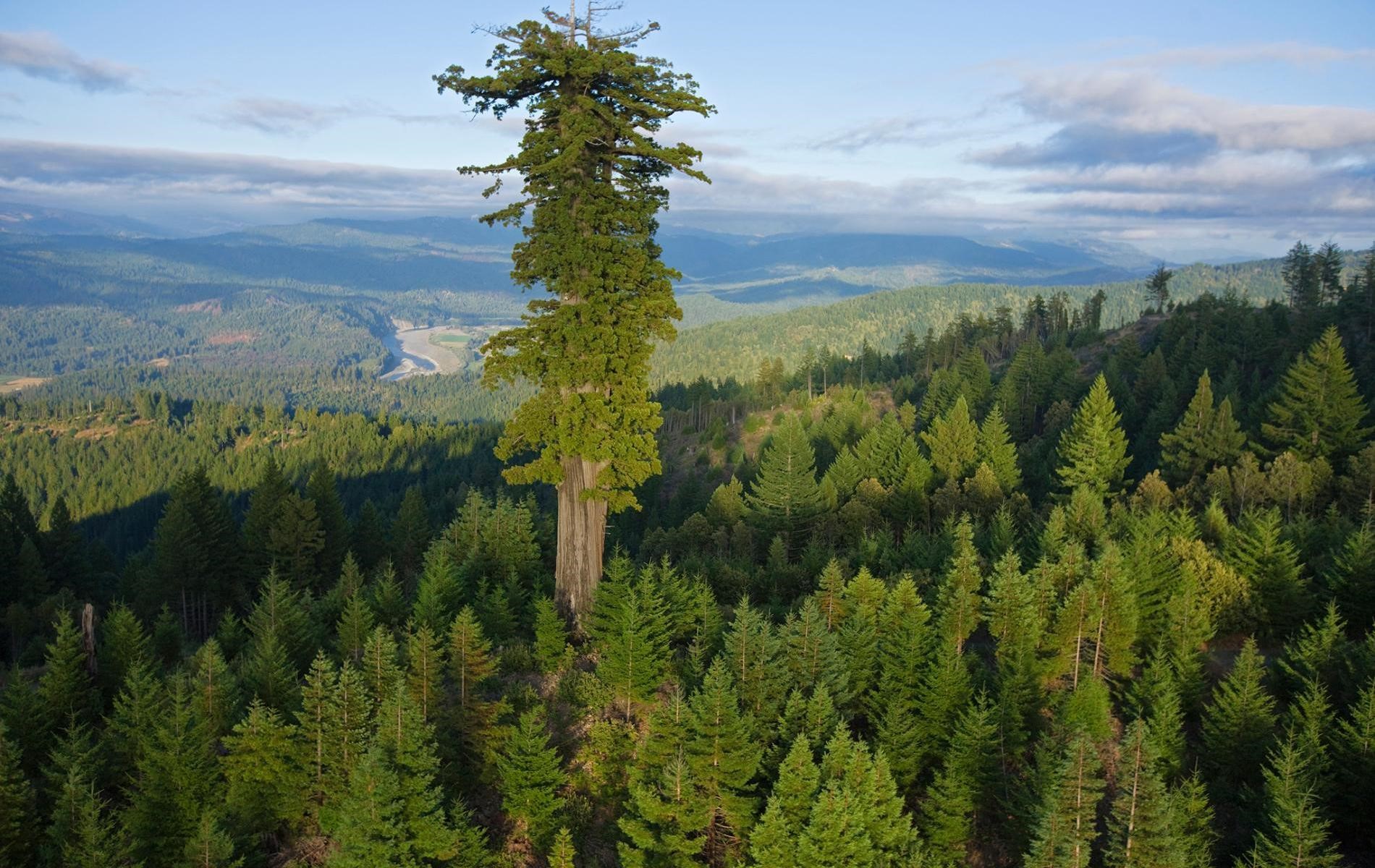 Source: The Latest News
Source: The Latest News
This will affect the potential of forests to fulfill their carbon sink potential like older forests have been doing. This means that forested areas may not remove as much carbon dioxide from the air in the future. I don’t believe that this finding will change the anthropogenic- induced impacts from industries but I am thankful that nature got a short break from greenhouse gas emissions due to COVID-19.
 Old growth forest being compared to newer forest growth that’s shorter.
Old growth forest being compared to newer forest growth that’s shorter.
Source: Science Magazine
Forests have always been impacted by deforestation, wildfires, droughts and insects. The loss of trees reduce the amount of carbon removed from the atmosphere, wildlife habitat and their aesthetics. Globally forests, produce a lot of oxygen and provide a cooling effect for the planet. Tree planting is a norm to tackle the high amounts of carbon dioxide in the air due to the climate crisis but with this new knowledge we have to tackle greenhouse gas emission from the source.
Trees are like the lungs of the earth-if they stop working, we’re dead!
Environmental Resuscitation – Open Letter to Governments from Physicians
COVID-19 lockdowns have presented us with the unique opportunity to wipe our environmental pollution slate “almost” clean- an unprecedented opportunity one may say. Global reports show wildlife returning to areas that human presence once dominated. Satellite imagery show lowered greenhouse gas emissions over countries and the hole in the ozone layer above Antarctica is recovering.
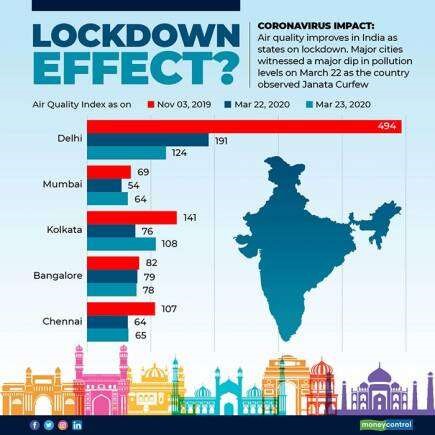
Air pollution reduction in India from Covid-19 lockdowns
Source: Money Control via IAS Toppers
Now that humans have been sent to their rooms, are they really thinking about what they’ve done? I’ve heard mixed opinions about the topic of what the state of the environment would be like when things return to “normal”. However, “normal” was what got us here in the first place!
Many seem to be expecting that the new normal should look like less air pollution, increased healthy wildlife and continued healing of the ozone layer. How is this supposed to happen if decision makers do not put things in place to ensure this?
Recently over 350 medical groups representing 40 million health professionals showed a global effort of urging governments of the G20 countries to concentrate on climate change and public health impacts in their COVID-19 economic recovery packages. Governments should promote air free of pollutants, clean water and its related impacts of the health of the public. The group requested that physicians be incorporated into the policy creation process. Given my past experience in the environmental policy and planning field, I can agree with this. Having input from stakeholders in all sectors (health, environment, finance, law etc.) in the planning stages, can allow for a holistic approach to solving or reducing the impact of an issue.
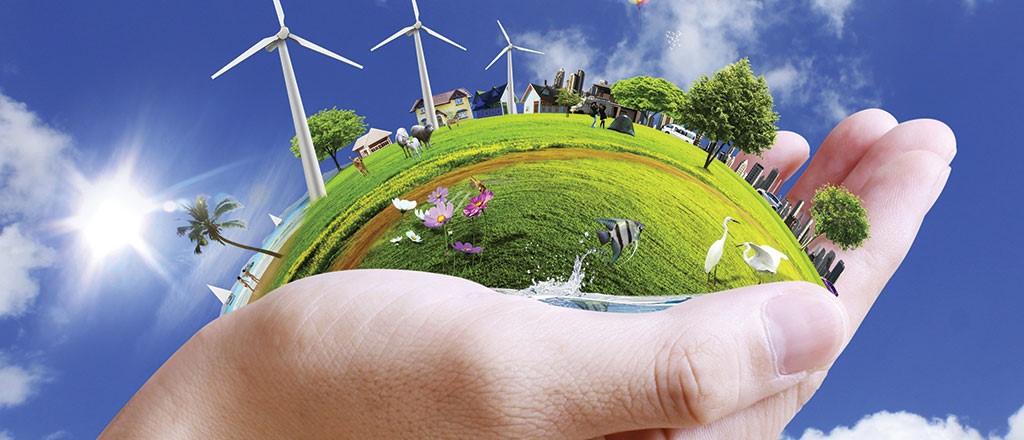
Source: Wharton University of Pennsylvania
In an interview with CTVNews.ca, Dr. Courtney Howard, the board president of the Canadian Association of Physicians of the Environment spoke about the concern of the medical groups. She said that in the open letter to the G20 leaders, there was a call for a shift from investment in coal- based to renewable sources of energy to decrease greenhouse gas emissions and dust associated with air pollution. There was also a call for the promotion of human travel via biking or walking instead of dependence on vehicles which contribute to air pollution. These factors all create air pollution which link to respiratory and other health-related issues in children and adults.
COVID-19 should not be used an excuse for environmental protection to dwindle but as a way for governments to think about changes to promote positive environmental actions that the COVID-19 lockdowns started. Let’s not reverse this positive change but find a way to continue and improve upon it, moving forward.
Shanella Ramkissoon is a Masters in Environment and Sustainability candidate. Her background is in the field of Environmental Science and Environment and Resource Management. Her interests lie in environmental conservation, especially for marine species such as coral reefs, turtles and dolphins. In her free time, she enjoys landscape photography, baking and art and craft projects.
Alexandra completed her Masters degree in Environment and Sustainability at Western University. She also holds a Bachelor’s of Science from the University of Windsor with Honours in Environmental Studies, where she concentrated in Resource Management and was actively involved in undergraduate research. Outside of academia, she enjoys hiking, camping, and spending her summers on the beach in Prince Edward Island.
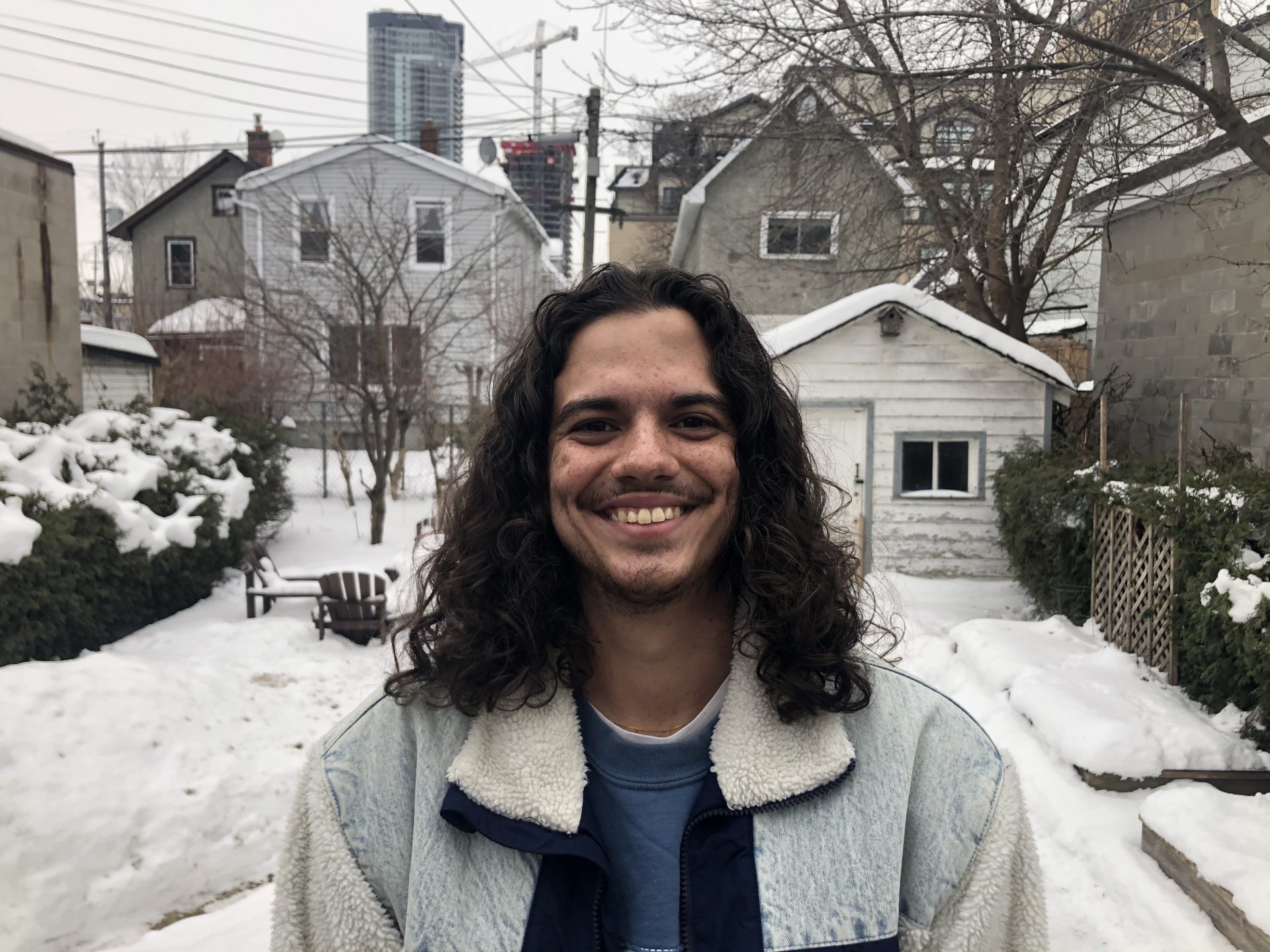
Alex has a background in Environmental Science holding an undergraduate degree in Environmental Studies, and a Masters of Environment and Sustainability (MES) from Western University. Alex was born and raised in Barbados, a small island in the Caribbean, and has spent the past seven years attending school in Canada, while returning to Barbados for the summer and Christmas periods. Alex is passionate about the environment as he has been able to witness firsthand the effects of climate change on marine and tropical environments, and hopes to spread awareness about these issues.



